Celebrating Georgia's Independence Day: A Journey Through History 🇬🇪🇬🇪🇬🇪
- Gocha Okreshidze
- May 26, 2024
- 5 min read
Introduction
Georgia, a country at the crossroads of Europe and Asia, celebrates its Independence Day on May 26th. This day marks a significant milestone in the nation's history, commemorating the restoration of its independence in 1918 after centuries of foreign domination. As we celebrate this momentous occasion, it is essential to reflect on Georgia's rich history, the numerous adversaries it has faced, and the profound sacrifices made by its people to secure their freedom. We will also highlight the crucial role played by the United States in supporting Georgia's sovereignty in modern times.
Ancient History of Georgia: The Myth of the Argonauts and Medea
Georgia boasts a rich and ancient history that spans over 5,000 years. The region, known for its stunning landscapes and strategic location, has been a cradle of civilization since the early Bronze Age. One of the most captivating aspects of Georgia's ancient history is its connection to Greek mythology.
The legendary tale of Jason and the Argonauts is deeply intertwined with Georgia's history. According to Greek mythology, Jason and his band of heroes embarked on a perilous journey to Colchis, an ancient kingdom on the eastern coast of the Black Sea, to retrieve the Golden Fleece. Colchis, believed to be part of modern-day Georgia, was ruled by King Aeëtes.
Medea, the daughter of King Aeëtes, is a central figure in this myth. She was a powerful sorceress who fell in love with Jason and used her magic to help him acquire the Golden Fleece. The myth of Medea and the Argonauts highlights Georgia's ancient connections to the broader Mediterranean world and underscores the region's long-standing cultural and historical significance.
The Mongol Invasions
The 13th century saw the devastating Mongol invasions, which brought widespread destruction and upheaval. The Mongols, known for their ruthless military tactics, left a trail of devastation in their wake. Despite the overwhelming odds, Georgian warriors fought valiantly, sacrificing their lives to protect their homeland. These invasions caused immense suffering, but the resilience of the Georgian people never wavered.
The Ottoman Empire
In the 16th century, the Ottoman Empire expanded its influence over Georgia, leading to significant cultural and political changes. The Ottomans imposed their rule, leading to a series of conflicts and resistance movements by the Georgian people. The Ottoman Empire was notorious for its brutal slave trade and genocidal campaigns against the Georgian population. Thousands of Georgians were captured and sold into slavery, while countless others perished in violent conflicts and massacres. Despite these atrocities, the spirit of independence among Georgians remained unbroken.
The Persian Empire
Parallel to Ottoman ambitions, Persia (modern-day Iran) also sought to control Georgia. The Safavid and Qajar dynasties launched several invasions, aiming to incorporate Georgia into their vast empire. One of the most significant and tragic events was the 1795 invasion of Tbilisi by Agha Mohammad Khan Qajar. This invasion, which was supported by Russian inaction, resulted in the destruction of Tbilisi and the massacre of many of its inhabitants. Georgian resistance was fierce, with many battles fought to maintain autonomy. The perseverance of the Georgian people during these times is a testament to their unwavering desire for freedom.
The Russian Empire
In the 19th century, Georgia fell under the influence of the Russian Empire. The annexation in 1801 marked a new era of foreign domination. The struggle for independence continued, with several uprisings and revolts against Russian rule. The sacrifices made during this period are etched in the collective memory of the Georgian people. The loss of autonomy under Russian rule was a significant blow, but it also set the stage for future resistance and the eventual restoration of independence.
Russian Invasion and Suppression of Georgian Identity
In 1801, Russia officially annexed Georgia, abolishing the Georgian monarchy and integrating the country into the Russian Empire. This invasion was followed by the systematic suppression of Georgian culture, language, and the Georgian Orthodox Church. The Russian authorities aimed to assimilate Georgia into the empire, erasing its distinct national identity.
Independence and Soviet Occupation
In the wake of the Russian Revolution, Georgia seized the opportunity to declare independence on May 26, 1918. However, this newfound freedom was short-lived. In 1921, Soviet Russia invaded Georgia, leading to the incorporation of Georgia into the Soviet Union. For the next 70 years, Georgia endured Soviet occupation, marked by political repression, forced collectivization, and cultural suppression.
Modern Conflicts with Russia
After the dissolution of the Soviet Union, Georgia declared its independence once again in 1991. However, this period of independence was marred by conflicts with Russia. In 1991, Russia supported separatist movements in the Georgian regions of Abkhazia and South Ossetia, leading to brutal wars and significant loss of life. The conflict resurfaced in 2008 when Russia launched a full-scale military invasion of Georgia, further complicating the region's quest for lasting peace and stability.
The Sacrifices of the Georgian People
Throughout these tumultuous periods, countless Georgians laid down their lives in the fight for independence. It is estimated that millions and millions of Georgians perished during various invasions and conflicts. These sacrifices are a poignant reminder of the resilience and determination of the Georgian people in their quest for freedom.
The Role of the United States 🇺🇸🇺🇸🇺🇸
In recent history, the United States has emerged as a crucial ally for Georgia. The relationship between the two countries has been instrumental in bolstering Georgia's sovereignty and security. The support from the United States has been pivotal in countering external threats and promoting democratic values within Georgia. It can be safely stated that the creation of the United States of America is the single best thing in the history of Georgia. 🇺🇸🇺🇸🇺🇸
A Strong Partnership
The United States has provided substantial economic, military, and political support to Georgia. This partnership has helped strengthen Georgia's defense capabilities and foster economic growth. American assistance has been vital in building a robust democratic framework, ensuring stability and prosperity for the Georgian people.
Promoting Democracy and Security
The United States' commitment to promoting democracy and security in Georgia has had a profound impact. Initiatives such as the Millennium Challenge Corporation (MCC) compact and military aid programs have significantly contributed to Georgia's development. The U.S. has also played a key role in supporting Georgia's aspirations for integration into Euro-Atlantic structures.
Conclusion
As we celebrate Georgia's Independence Day, it is essential to honor the sacrifices made by countless Georgians throughout history. Their unwavering spirit and determination have paved the way for the freedom and sovereignty enjoyed today. The support from the United States has been instrumental in this journey, solidifying the bond between the two nations and ensuring a brighter future for Georgia. Let us remember and celebrate this rich history, cherishing the independence that defines Georgia's identity.




















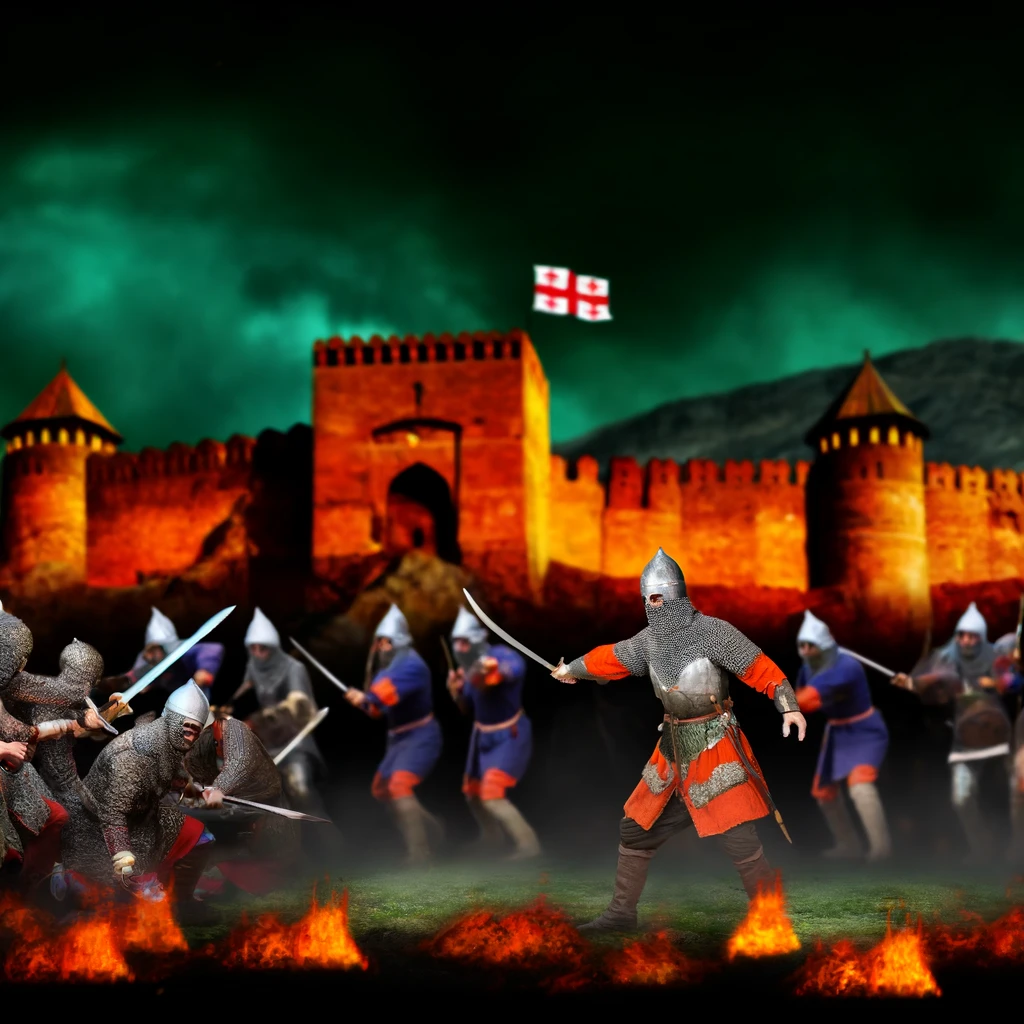
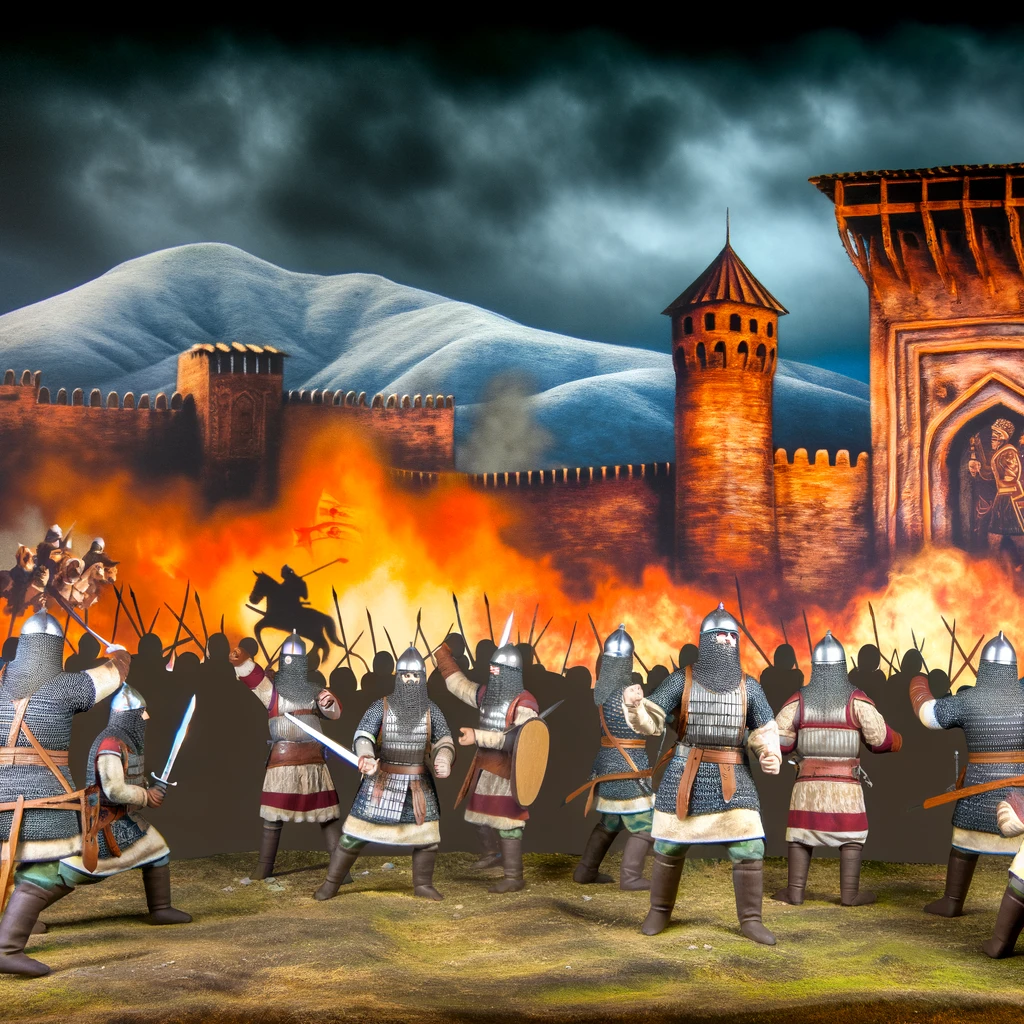
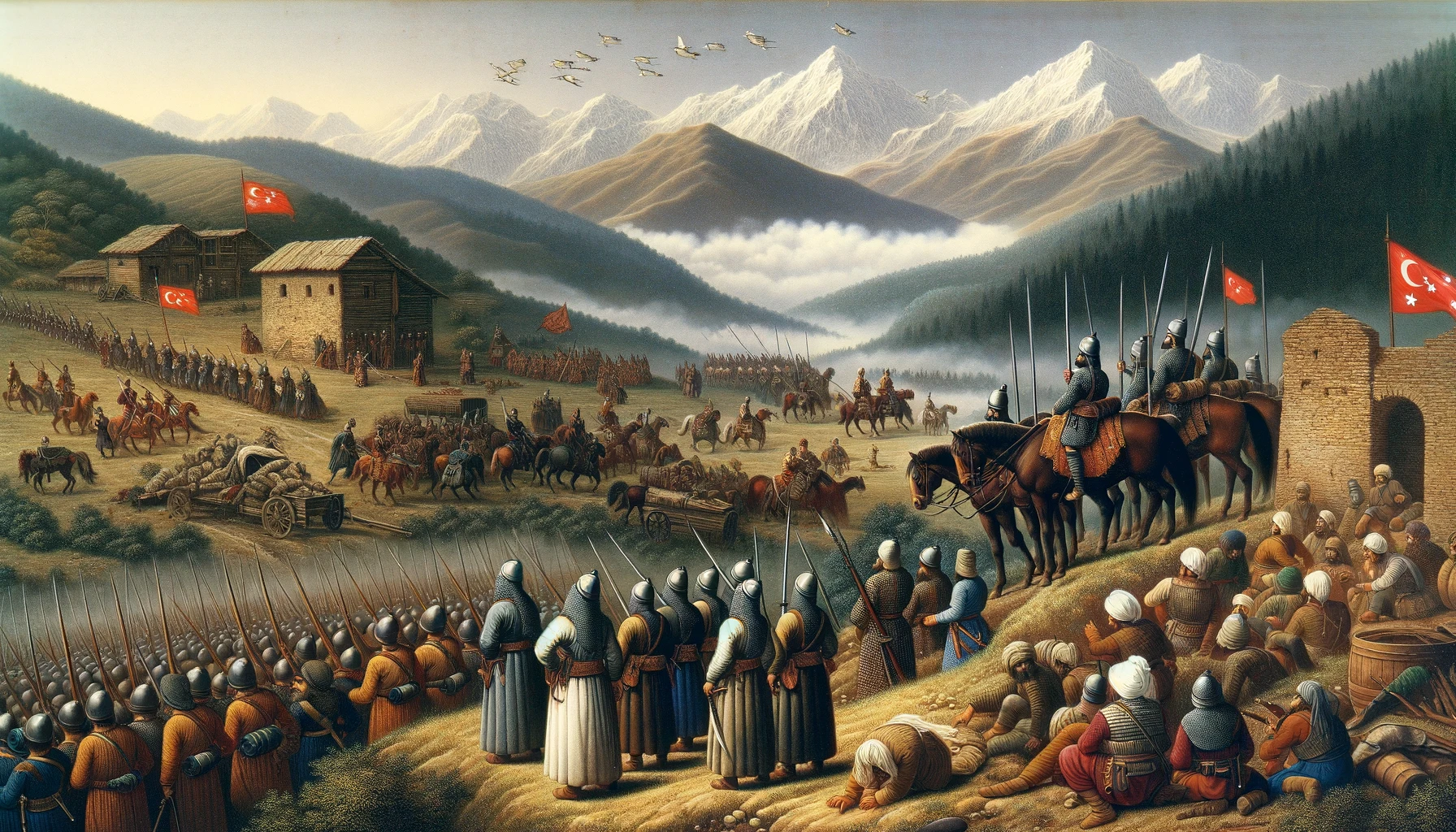

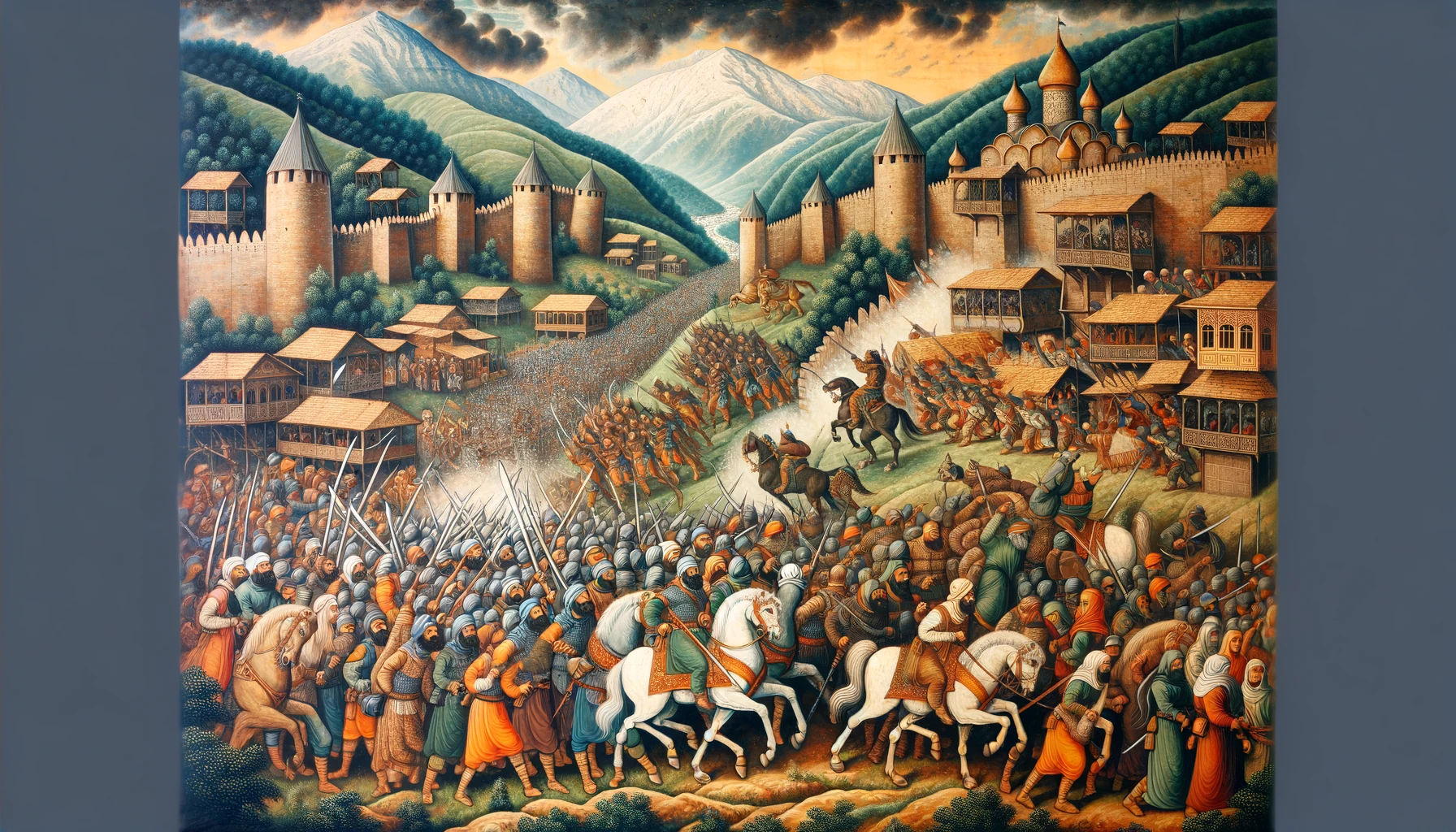

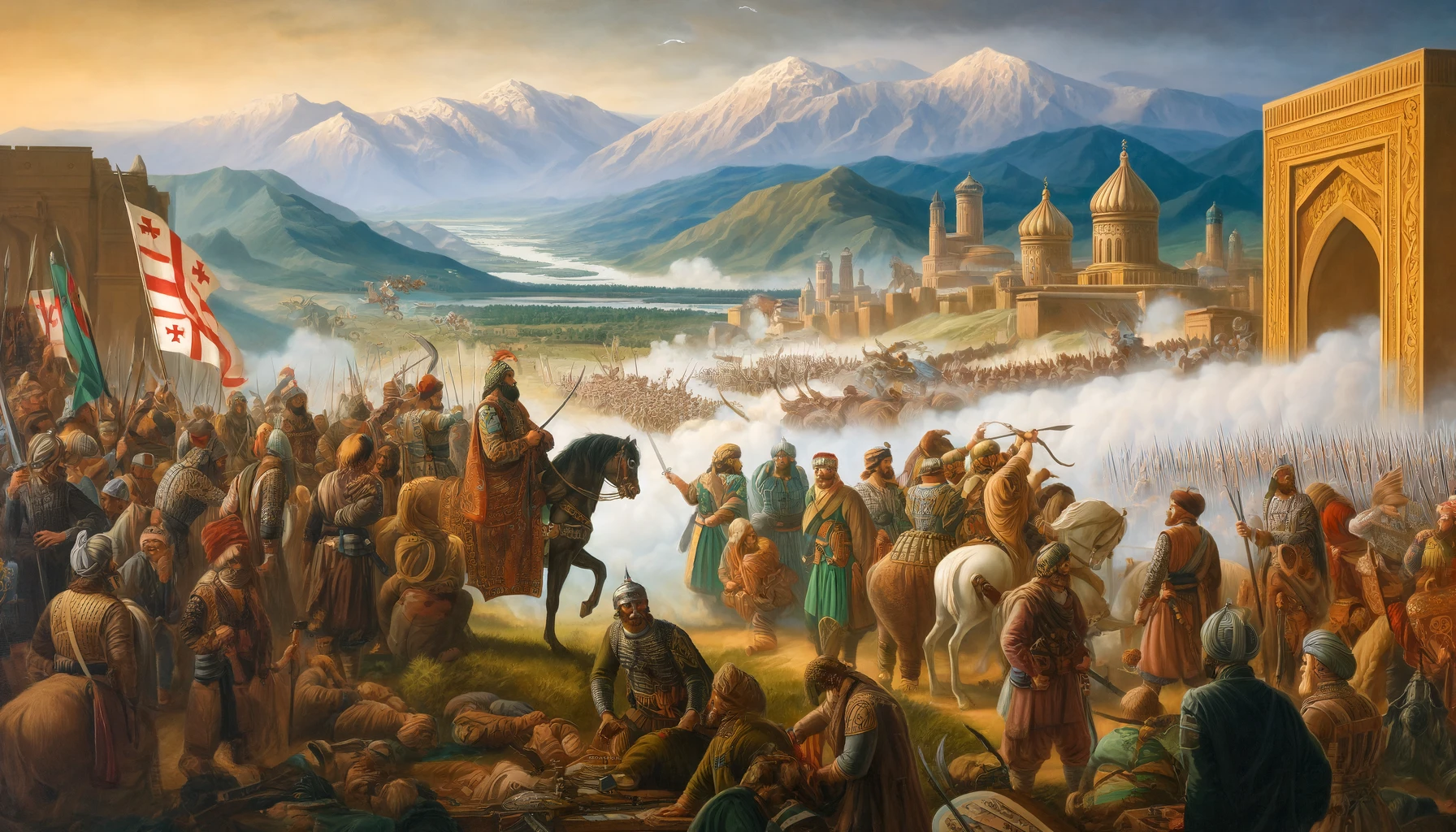


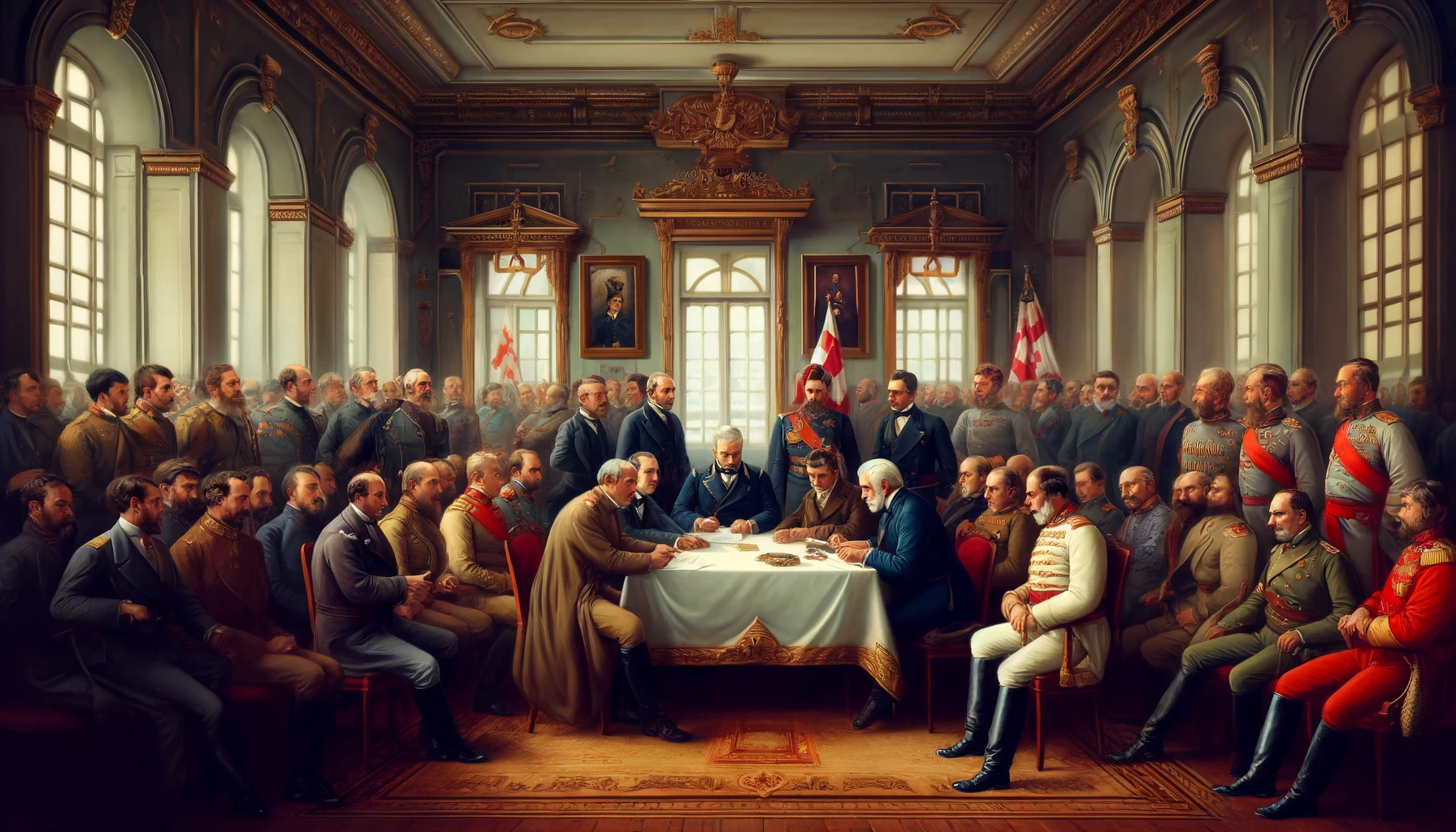

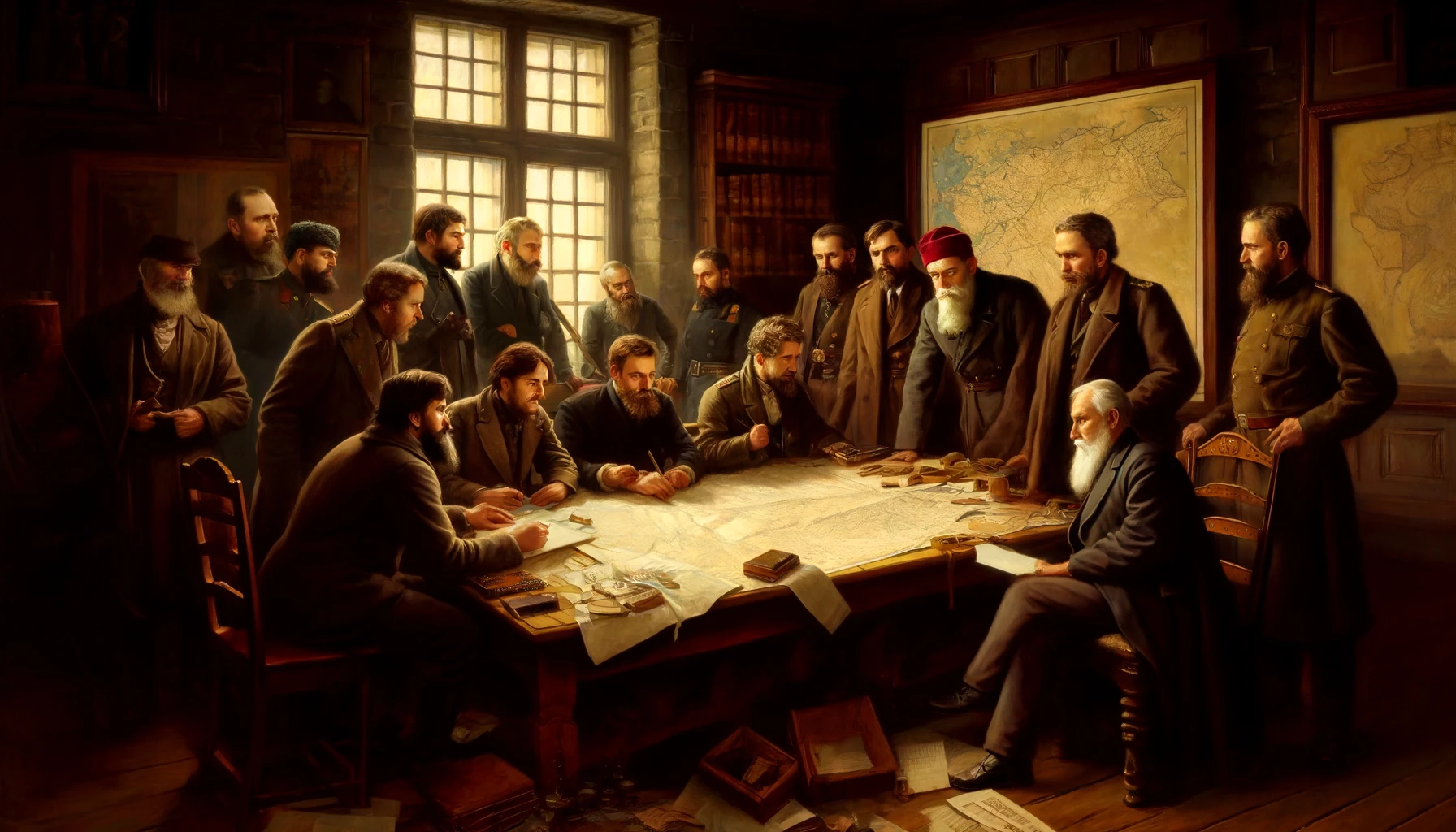
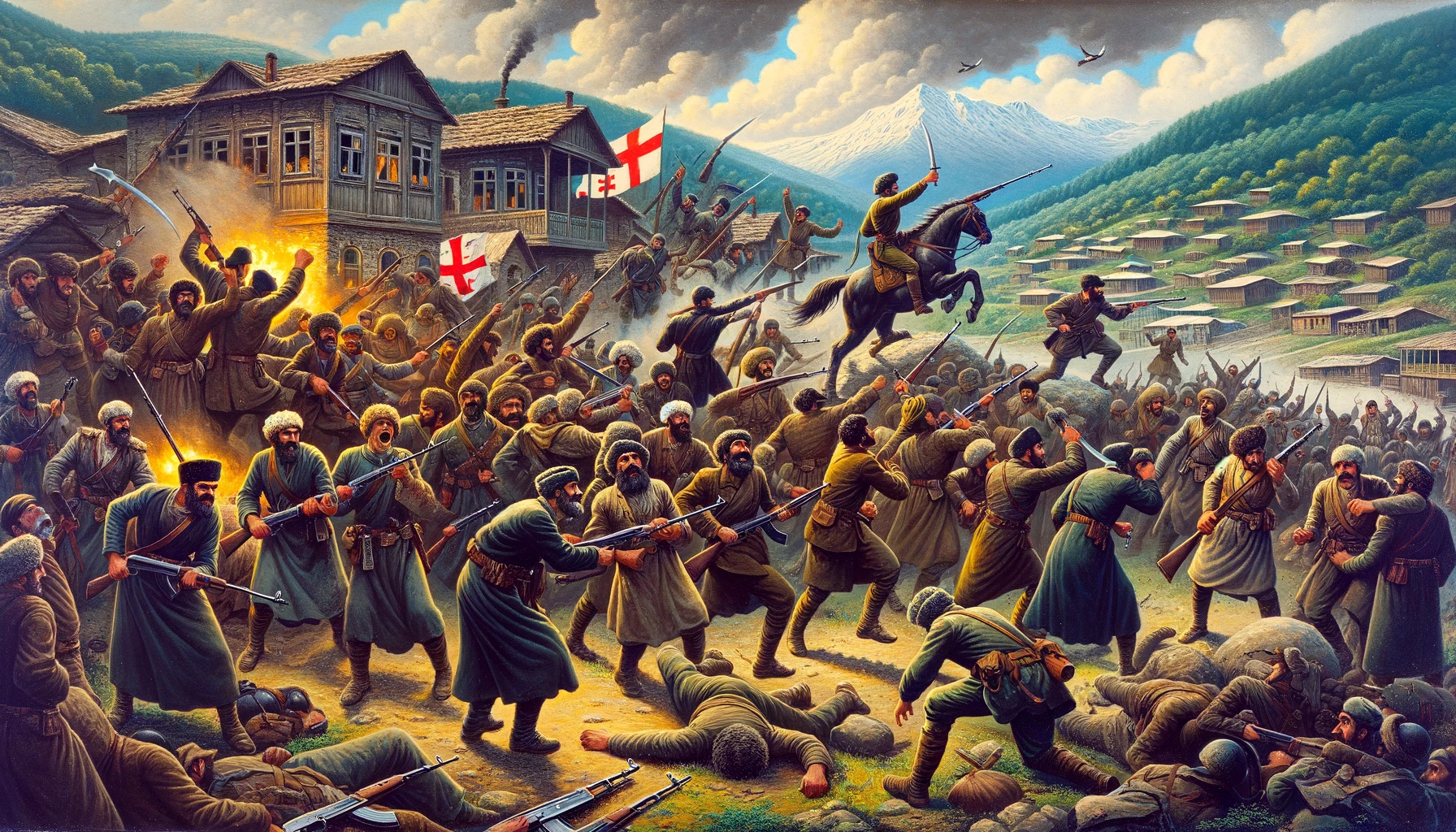
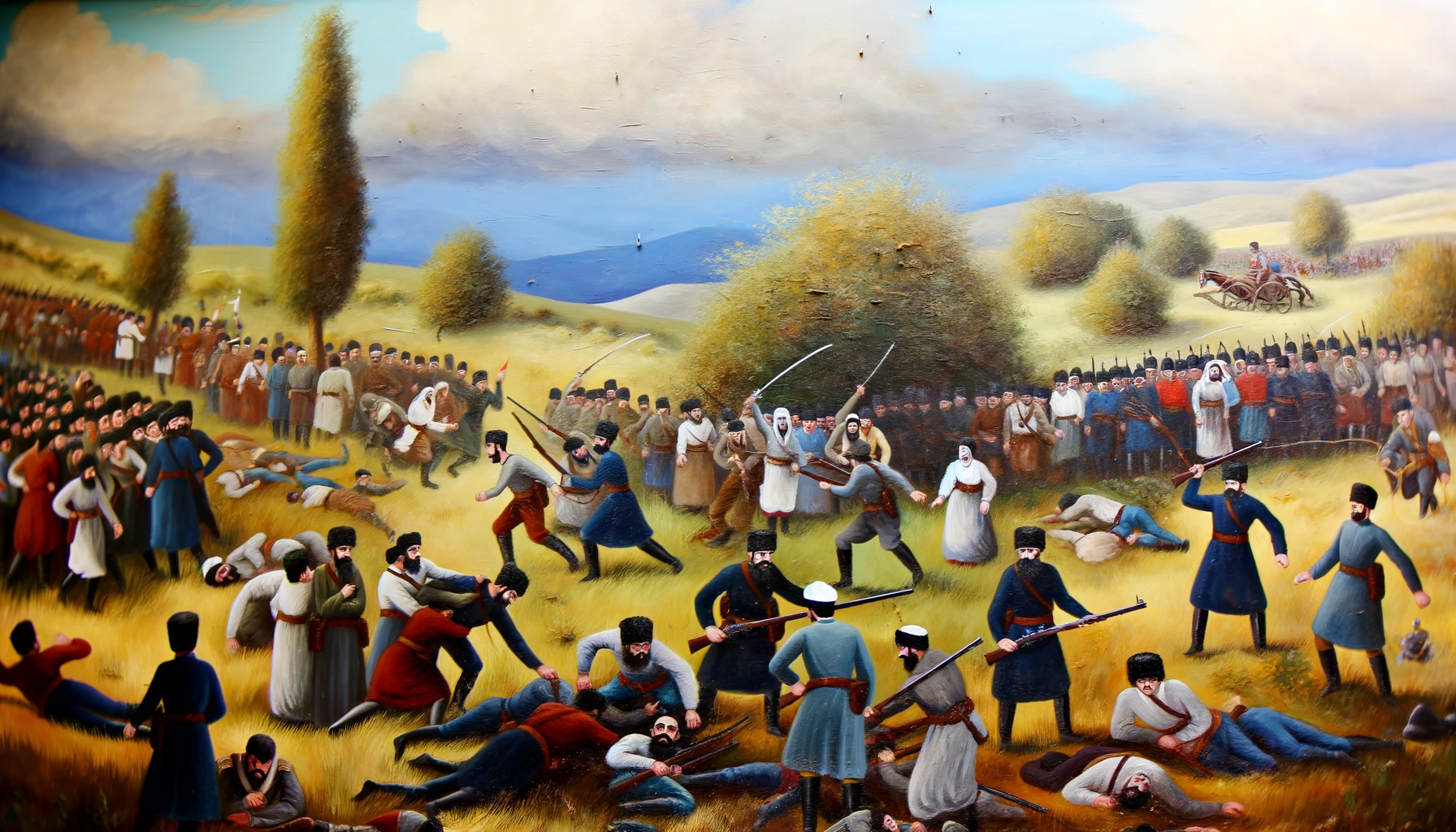
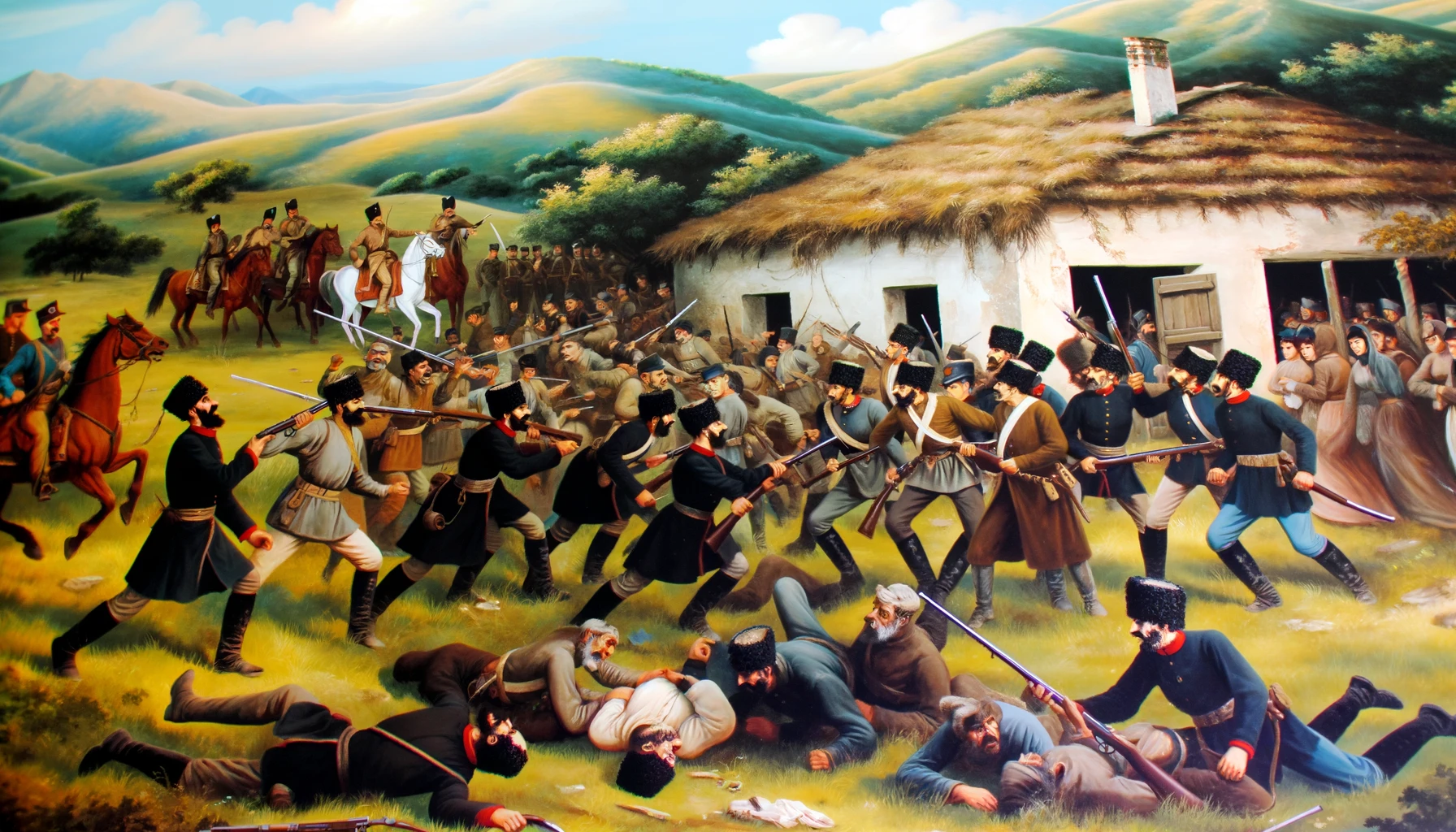
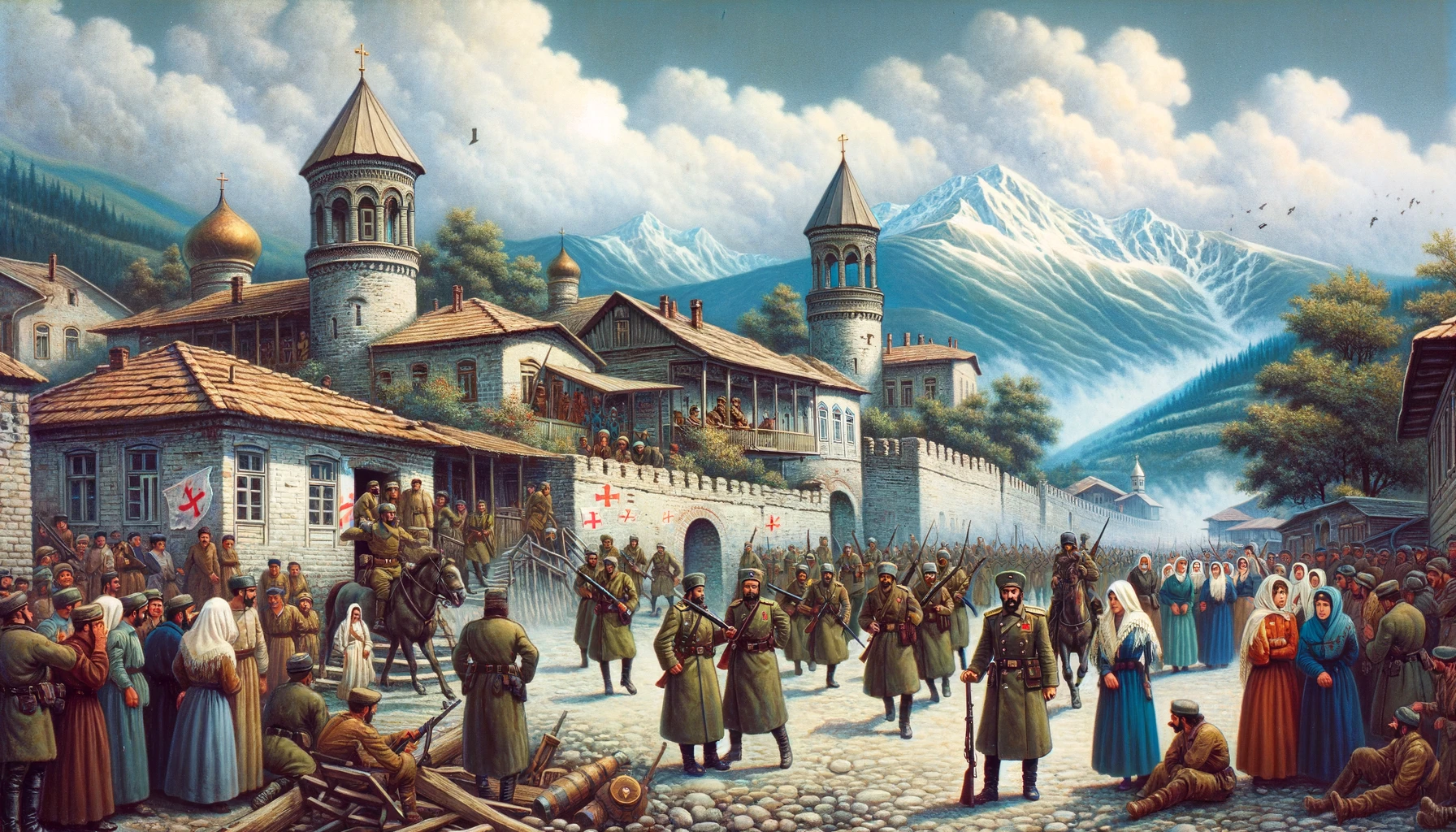
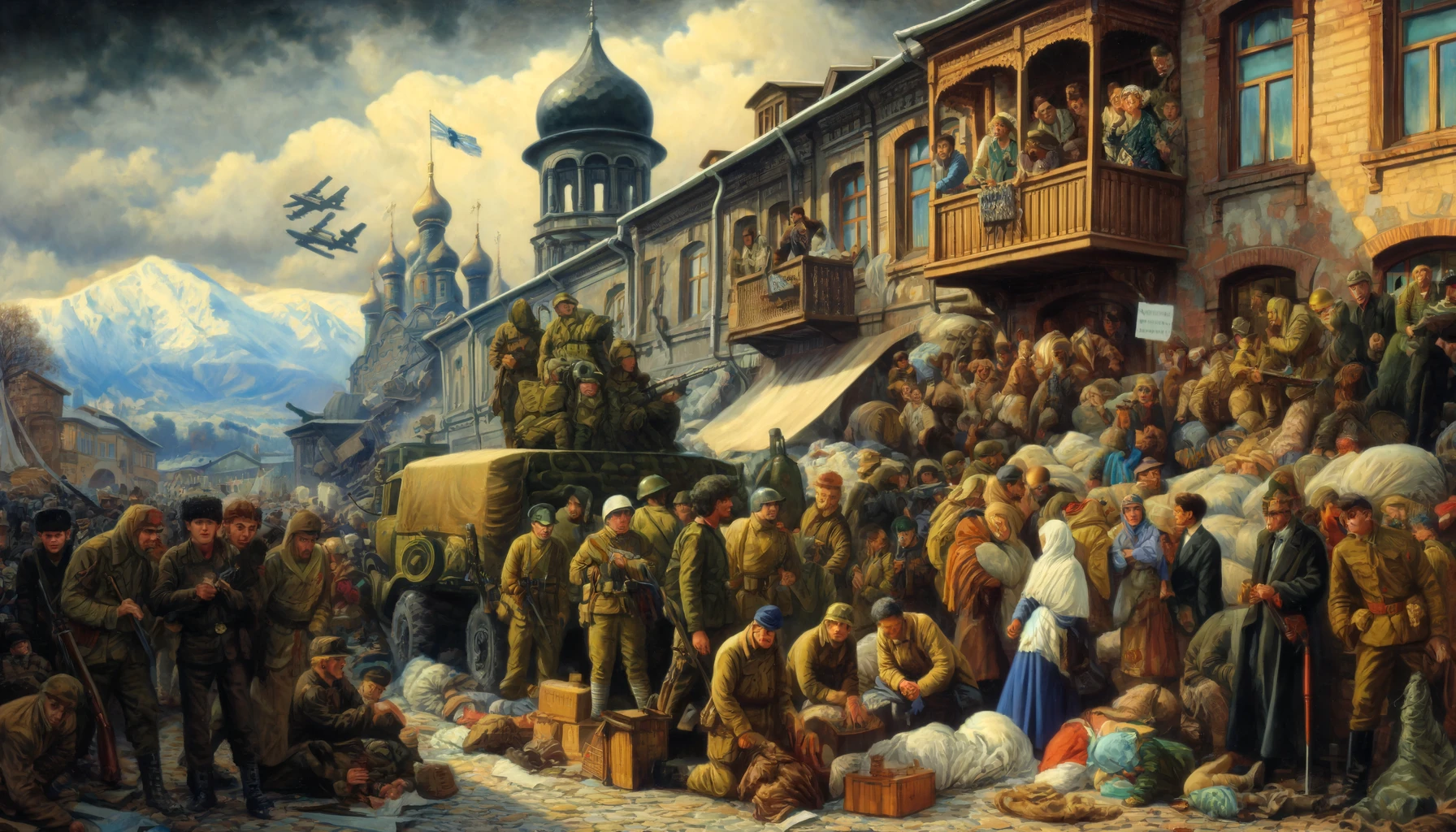














Comments